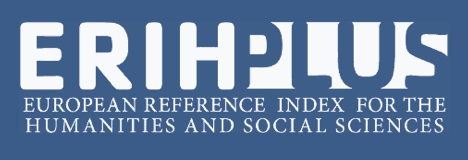Perceived Ethical Leadership and Moral Voice: Mediating Role of Moral Courage
Abstract
This paper uses a mediation model to examine moral courage as an employee’s self-regulatory mechanism for promoting a moral voice. Following the social cognitive theory, we hypothesized that moral courage was the underlying mechanism in the relationship between ethical leadership and moral voice. The analysis was based on the time-lagged data collected from 347 faculty members of private universities in Pakistan using convenience sampling. We found that perceived ethical leadership is not directly associated with employees’ moral voice. We further found that respondents’ moral courage fully mediates the effect of perceived ethical leadership on their moral voice behavior. This study contributes to the literature pertinent to the behavioral ethics, ethical leadership and moral courage. Theoretical and practical implications and directions for future research are given in the light of these findings.

This work is licensed under a Creative Commons Attribution-NonCommercial 4.0 International License.













.jpg)








